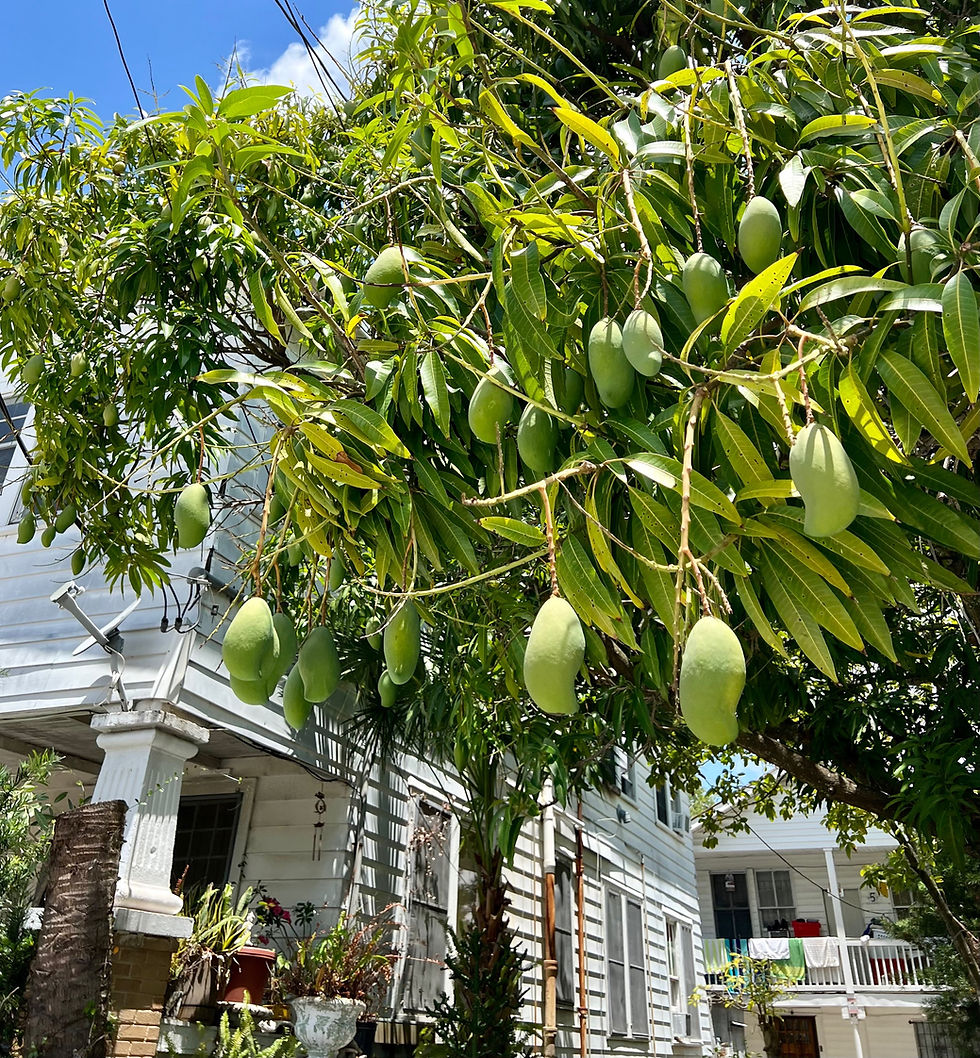Seasons
- Archer Kennon

- Nov 29, 2023
- 2 min read
Updated: Apr 21, 2024
Summer has ended and fall is almost over.
Daylight hours are shorter and it's getting colder. Leaves are falling off the trees, and animals are hurriedly storing up for winter.

Tree leaves turn colors and then fall off, not because of the cold, but because of the shortening of daylight hours. Without their leaves, trees can rest and store energy. I think it is a good time for us to follow suit. We can take advantage of the longer nights inside to strengthen our minds and prepare for the next growing season.
The first frost has killed most of the plants in our garden, but not all of them.
Some plants have survived. How?
Plants like carrots, potatoes, cabbage lettuce, rutabaga, celery, garlic, beets, collards, onions, leek, and broccoli have adapted to the cold. They use the moisture in their stems to cover the plant in a mixture of sugary juice and water which acts as an antifrost to protect it from the cold.
Frost affects the ground as well. It acts like a recharge for the soil, letting it build back some minerals and nutrients. Also, the moisture in the ground will freeze and break up the soil making it easier for plants to grow next spring.

It is always wise to study history. Indigenous people lived and ate with the seasons, in the summer a lot of fresh meat like fish, deer, rabbit, and fowl. In the fall, they ate things like corn, beans, and squash, along with some fresh meats. In the winter, they rely on dried food and some fresh meat. In the spring they eat new plant shoots, small tubers, and live game.
In the summer they were more active. The children ran around and played outside, while the adults hunted, planted and tended to the crops, and worked around the camp. In the fall they harvested their crops, hunted, and prepared for winter.
They knew that winter was a harsh season with little to no food except a few wild animals. To prepare for a change in season, they dried meat in the sun to preserve it. They also dried seeds, grains, wild fruits, herbs, and plants, many of which they cultivated as crops. They also made new clothes for winter. In the winter season, they hunted and worked closer to camp. While they were still active they did not have as much work to do. They rested and saved energy.
Should we strive to live more seasonally and adapt to the seasons like plants animals and the generations of the past?





Comments